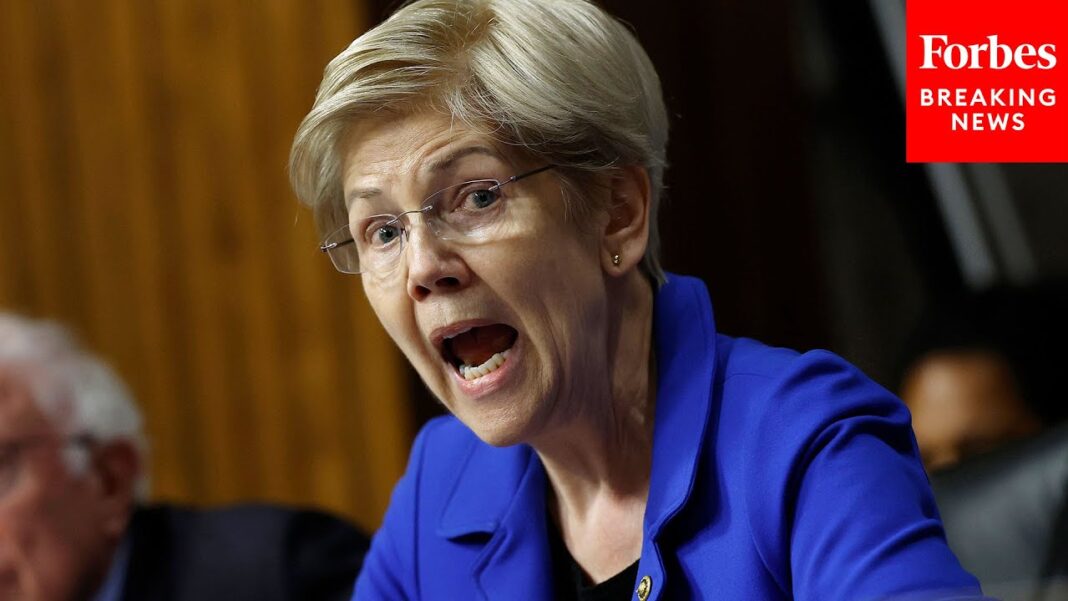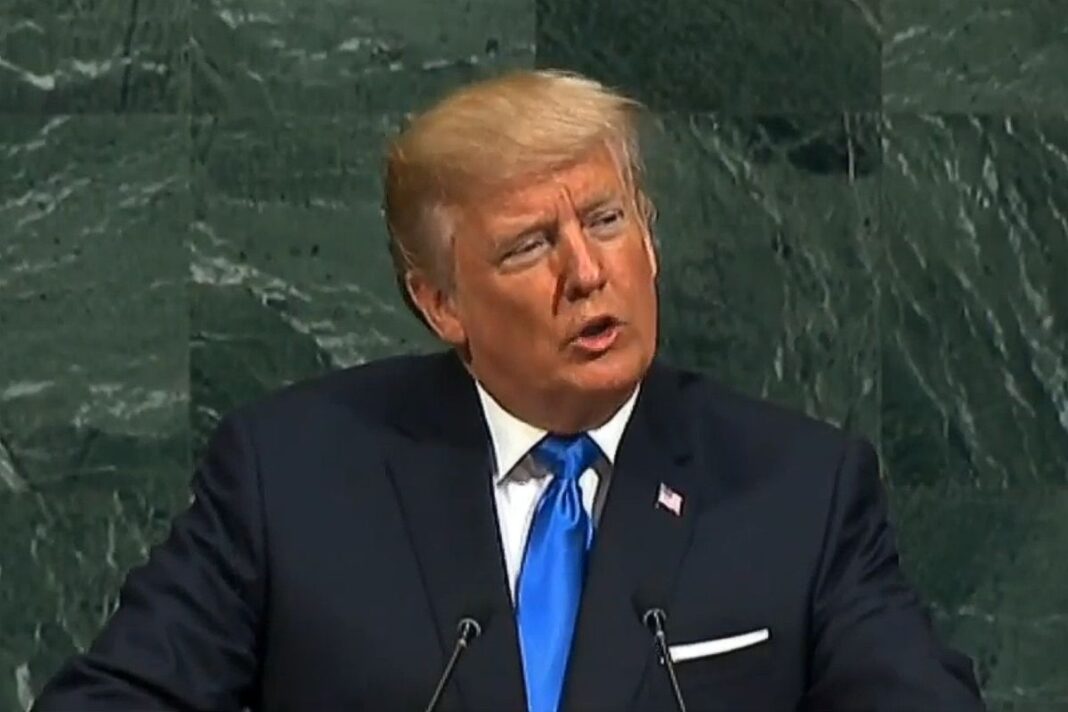The administration says the bureau’s funding is illegal despite previous rulings supporting the agency’s money source.
The Trump administration has deemed the funding for the Consumer Financial Protection Bureau (CFPB) to be unlawful, potentially putting the agency on a track to close.
A Nov. 10 court filing disclosed the Department of Justice finding, which is the most recent attempt by the Trump administration to shut down the agency.
It’s the CFPB’s job to implement and enforce federal consumer financial laws and ensure that markets for consumer financial products are transparent and fair, according to the agency’s website.
The agency works independently of the government.
The administration said in its filing that it considers the bureau legally barred from seeking funding from the Federal Reserve, which is the typical monetary source for the agency.
The court documents indicated that the agency has “at least” enough money to last through the end of the year, but “anticipates exhausting its currently available funds in early 2026.”
If no alternative is found, a lack of funds to cover operational costs would likely shutter the agency, unless Congress passes new funding.
A move by Congress is not considered likely, given Republican control of the legislative branch and the general party opposition to the CFPB.
Funding for the bureau is supplied by the Dodd-Frank Act, which states that the Fed should transfer from the “combined earnings of the Federal Reserve System” whatever the CFPB director believes is needful for operations.
However, the Department of Justice argues that the “combined earnings” refers to profits and, “If the Federal Reserve has no profits, it cannot transfer money to the CFPB.”
The CFPB was established under, and signed into law by, former President Barack Obama in 2010 as an attempt to curb predatory lending during the 2007–2009 financial crisis.
Several court cases regarding funding for the CFPB have already been decided in the agency’s favor, including a Supreme Court case from May of last year.
The Supreme Court upheld the agency’s funding in a 7–2 decision, when Justice Clarence Thomas said that the funding design was constitutional in nature








